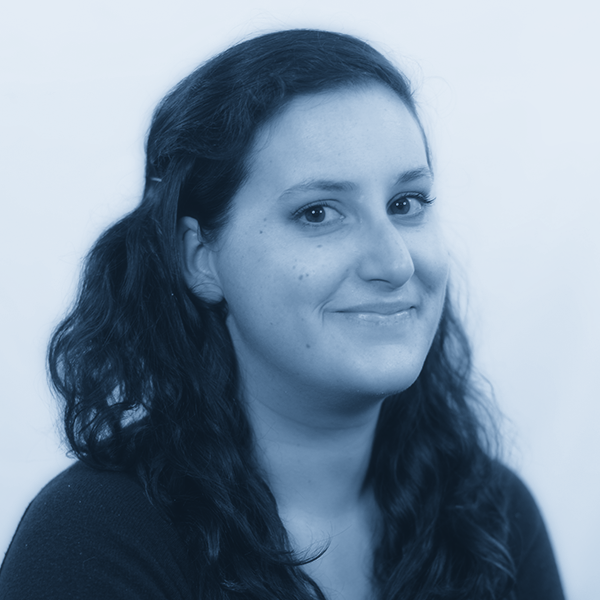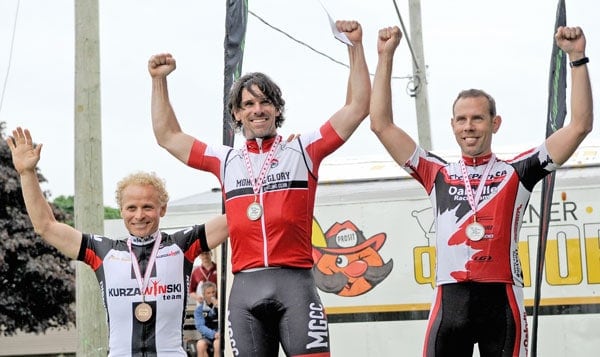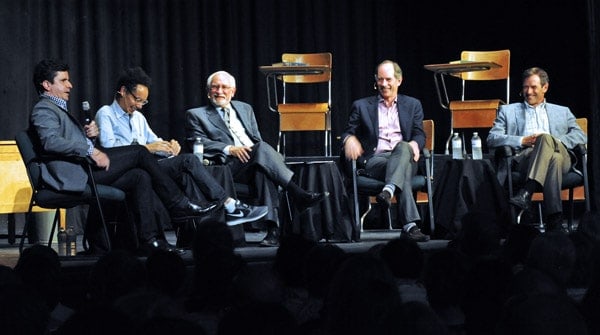If laughter is the best medicine, then audience members at Glen Foster’s upcoming comedy show should be in for a real treat.
![Glen Foster brings his comedy routine to the St. Jacobs Country Playhouse on June 28 in support of the Expressive Café.[Submitted]](https://www.observerxtra.com/content/images/wp-content/uploads/2014/06/post_glenfoster.jpg)
The Expressive Café in Elmira partnered with Foster, also known as “That Canadian Guy,” to raise funds for the café, which brings together people with aphasia weekly for conversation and socializing.
Frank Austin, co-founder and stroke survivor, said he hadn’t even heard of aphasia before he had his stroke. Since then, he’s well aware that aphasia impacts a person’s ability to use and process language through speech, writing, and reading.
“I didn’t know what the word was,” said Austin. “And it took me six months to say the word. I knew nothing about it.”
The event on June 28 is the café’s big fundraiser to date. Tickets are $25 and can be purchased at the St. Jacobs Country Playhouse. Austin said they’ve sold about a quarter of the 400 tickets available so far.
June is aphasia month and he said he’s never seen anything done in Canada to honour it. He hopes the comedy show will raise awareness to the effects of aphasia in the community, and encourage stroke survivors to come out and socialize.
“The Expressive Café doesn’t have any funding, so an event like this we can get some funding,” said Austin. “People have fun, as well as stroke survivors. They have a blast when they’re going too.”
He said they’ve received a few grants to help keep the café going, but it’s very sporadic. He said he’d love to find a corporate sponsor instead of worrying about finding funding every year.
There are about 1,000 new strokes every year in Waterloo-Wellesley. Of those, 30 per cent develop aphasia.
“Approximately right now there are 2,300 people in the region with aphasia,” said Austin. “If anything, I want them to get engaged instead of staying home.”
When Austin had his stroke six years ago he went looking for a conversation group to work on his speech with because he couldn’t talk at all. Paris and Georgetown were the closest options so eventually he took it upon himself to start one here.
“I just said I didn’t choose this job, it chose me.”
Through his time volunteering at different hospitals Austin noticed that too many people end up staying home, watching television, and not getting out after they have a stroke and develop aphasia. He said this group helps people get together to work on their communication skills and embrace some valuable socialization.
“In my opinion they’re not just existing; they’re living.”
The group is made of about 35 members, and he estimates half of them show up every week, some coming from as far as Stratford. Austin said since starting the group, people have taken notice.
“I’m proud to say that there are other groups like Expressive Café run by Saint Joseph’s Hospital in Guelph,” said Austin. “They’re running 13 other groups weekly. I’m proud to say I was part of getting that started.”
He said people with aphasia typically have therapy with a speech pathologist for nine months. After that, these groups are crucial for continuing that speech therapy, on a conversational level. The two hour meetings are spent talking about events, the news, and doing activities like hangman and Sudoku, anything to challenge the brain.
“It’s more about we can talk about anything,” said Austin. “The key word is we’re conversing again. Some of them are very severe and use tools, whether it be gestures or texture books or tablets.”
He said he’s always working on improving his speech, which means choosing words carefully, using fewer syllables, and slowing down. Reading in his head isn’t a problem, but out loud is a different story.
“I could read any medical text but I can’t read it out loud,” said Austin. “Since my son was 2, now he’s 8, it’s ‘daddy when do you do me a bedtime story?’ Whether that’ll happen again I don’t know but I’m not going to give up.”
He wants to see the group continue to grow over time, but not too fast. He’d also like to have the resources to add additional groups in the region. They meet on Thursdays from 9:30 a.m. to 11:30 a.m. at the Woolwich Memorial Centre.
“My best friend doesn’t talk, but we’re the best of friends, even on the phone,” said Austin. “He may only know 10 words and he’s in Brantford but we know each other so well. I know his tone.”
As for Foster, the cause hits close to home. He said the event is about more than the show to him.
“Stroke runs in my family big time,” he said. “Both my grandfathers and grandmothers died of stroke.”
The seasoned comedian has appeared on Just for Laughs seven times and said his humor is based on general observations and politics. He got his first taste as a comedian at high school variety shows.
“I went to three different high schools,” Foster said. “At the second one I was completely unknown the first day. I did a little comedy routine and was well known the next day.”
His advice for aspiring comedians is to get as much stage time as possible, a hot commodity these days. He also hinted he may be doing some surprise shows in Toronto this summer, and is toying with the idea of doing some sort of comedy workshop.
For more information visit www.thatcanadianguy.com.









